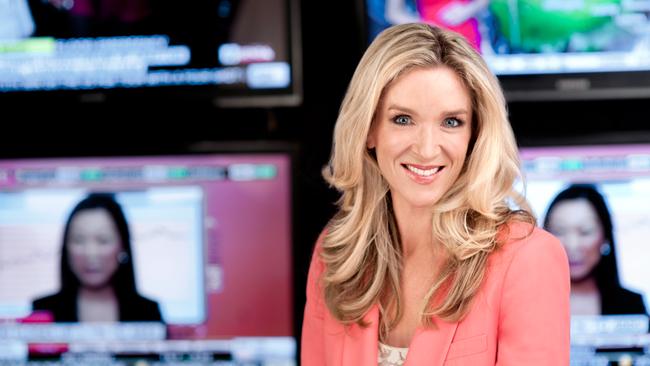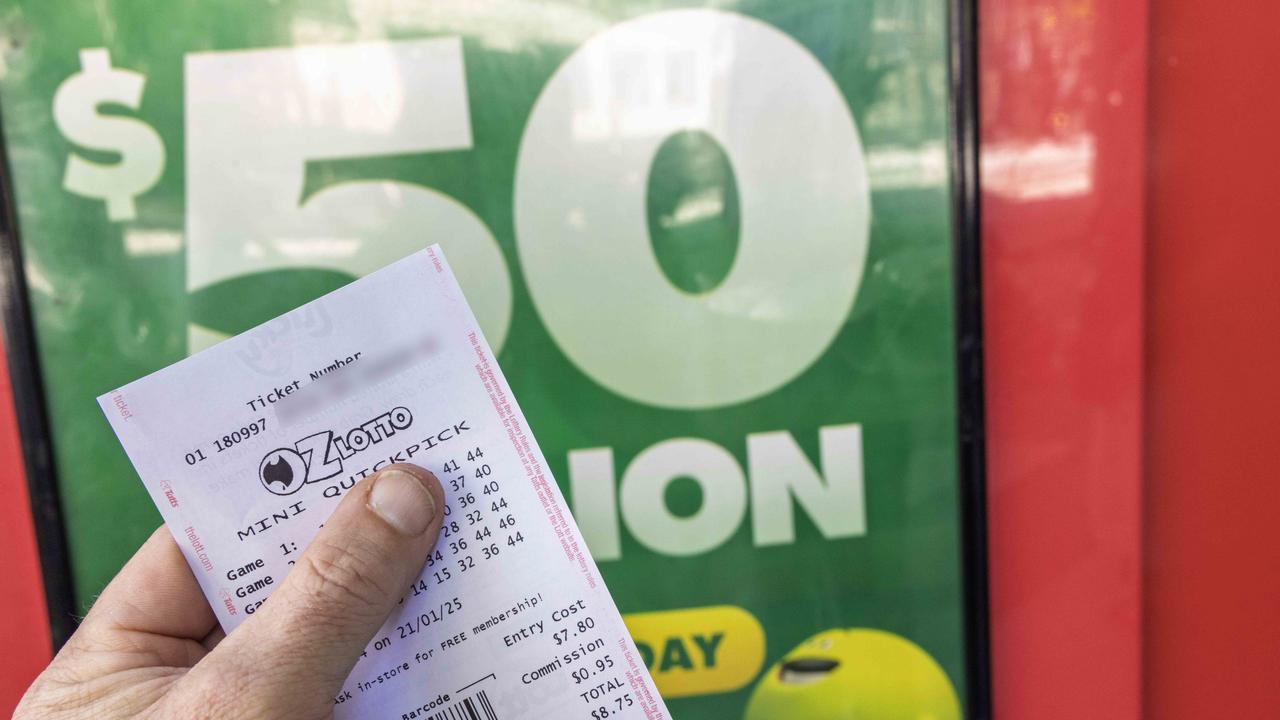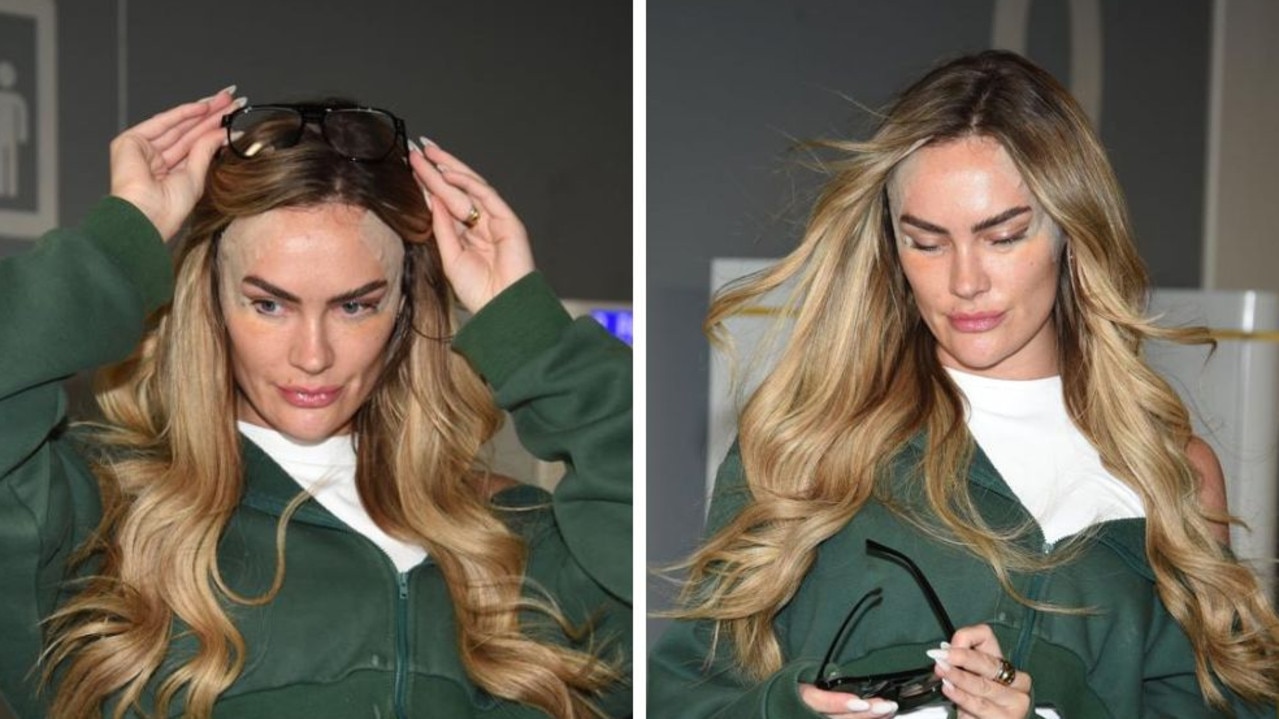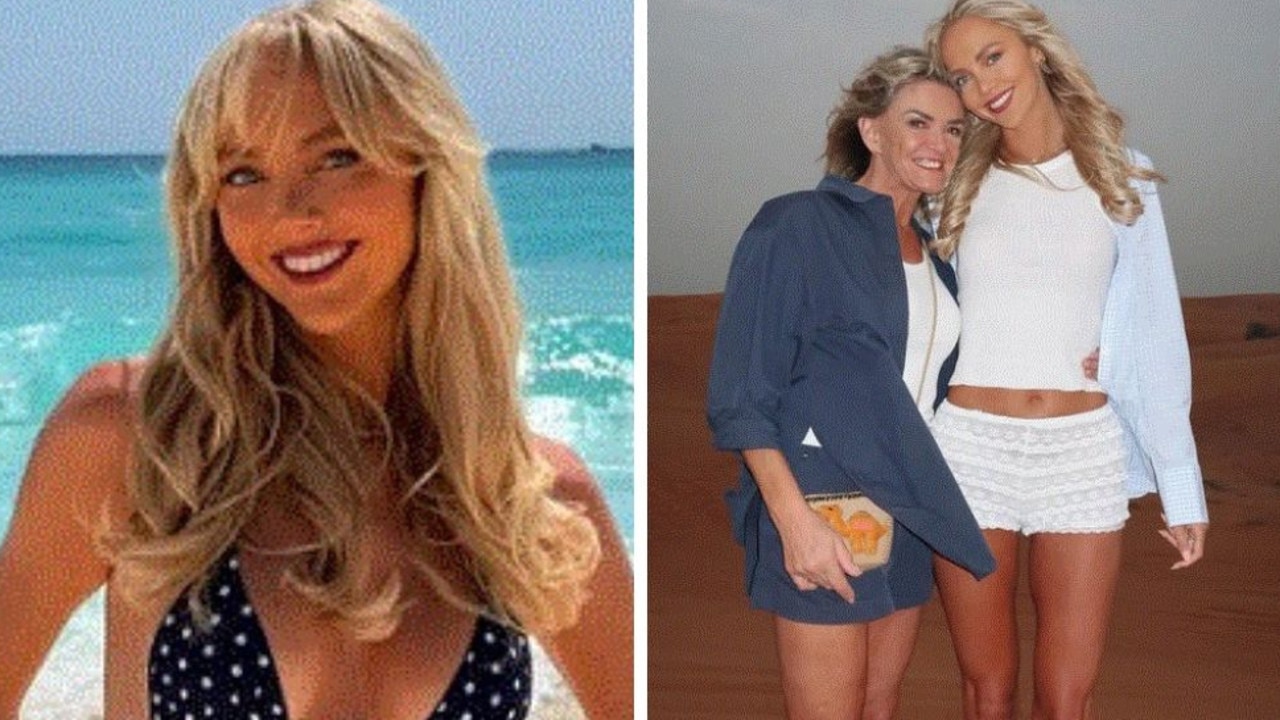Women have got bigger fish to fry than worrying about saying ‘guys’ at work
WOMEN have got bigger battles to fight in the workplace equality arena than worrying about saying ‘guys’ at the office.
Lifestyle
Don't miss out on the headlines from Lifestyle. Followed categories will be added to My News.
HERE’S how I greet the team of producers, when I arrive in the Sky Newsroom to start my shift, “Hi guys!”. Sometimes, if I’m in the mood, it’s “Hey dudes”.
Maybe it’s a subconscious effort to endear myself to my younger, hipper colleagues, about only half of whom are technically guys, but it would seem my casual salutation plummets me into politically incorrect waters, risking great offence and, worse, promoting gender inequality. Who knew?
The term “guys” has been given top billing in the Diversity Council of Australia’s new Words at Work Campaign, released with much fanfare by council chief (and ex army chief) David Morrison, with a helpful video accompaniment to spell it out to those of us (like me, it turns out) who are in the dark about the impact of our words at the office.
This, in essence, is a good thing. There are many labels that can be offensive and sexist in the wrong context, yet are bandied about without consideration. Like “girls” (that’s ageist too, for the record), “ladies”, “darling”, “darl”, “love”, “sweetheart” and, more rare, thank goodness, but still in use (I had it said to me just last week) “doll”.
We don’t generally mind if our friends call us “gorgeous”. Or even other women at work (depending on the industry). It’s cool (welcome, even) at the Mac Cosmetics counter too. But not the boss.
If this campaign gets people to be more mindful about their words at work and the impact that has on our perceptions of others, then bring it on.
The trouble is, what are the gender neutral terms we’re supposed to use?
“Team” is too forced corporate. “Everyone”, and “all” (we’ve all received the email that starts, “Dear all”) are too impersonal. “People”, impolite: (“Hi people”). “You lot”, even worse. “Folks” is too Kevin Rudd.
ABC newsreader Juanita Phillips’ tweet suggesting a return to “youse” as a gender neutral alternative, has gained great momentum. Some think she’s serious. You would with such a scant lack of alternatives.
This is an excellent opportunity to reintroduce "youse" as a good Aussie gender neutral phrase #wordsatwork #bringyouseback
— Juanita Phillips (@Juanita_Phillip) June 1, 2016
But not even the great leveller “youse” will cut it. As lawyer and diversity advocate Mariam Veiszadeh put it, “if you guys say ‘youse’ you’re considered hipster. If I say it, Peter Dutton will claim I’m illiterate”.
@vanbadham @Juanita_Phillip If you guys say "youse" - you're considered hipster. If I say it, Peter Dutton will claim I'm illiterate 🤓
— Mariam Veiszadeh (@MariamVeiszadeh) June 1, 2016
Notice Mariam said “guys” and no one blinked? Yet “guys” is a no go. David Morrison himself says he’s removed it from his lexicon, “as best I can”, as if it’s a high-grade swear word that doesn’t bear repeating. But, wait up.
We need “guys”. If we’re looking for a word that doesn’t presume gender, then “guys” is it. Technically guys are males, but that was then. The word has evolved over time to encompass every man (and woman). We women (generally) are OK with “guys”, one of the few collective nouns with the potential to unite us not divide us.
What women care far more about than being lumped together in a gender collective of guys is being paid like guys.
We’ve got bigger battles to fight in the workplace equality arena than the signs in the office kitchenette saying “Clean up after yourself! Your mum doesn’t work here.”
Women are still paid an average 17.9 per cent less than men in this country. Gender discrimination is rife in job appointments and promotions and women are starkly under represented in the paid workforce (46 per cent) especially in positions of seniority (15.4 per cent of CEO’s are women, for example).
Sexual harassment and workplace bullying live on. Sadly, many offenders still don’t recognise when they’ve crossed a line. Most likely the same ones who call us “sweetie”.
We badly want to be gender neutral, but only where it matters most.
“I suppose this is what happens when you live in a country where things are basically fine”, tweeted one person (a bloke) in response to the “youse” tweet.
That’s right, mate. We have far bigger fish to fry.

Jacinta Tynan is a Sky News presenter and author. Follow her on Twitter @jacintatynan
Originally published as Women have got bigger fish to fry than worrying about saying ‘guys’ at work






